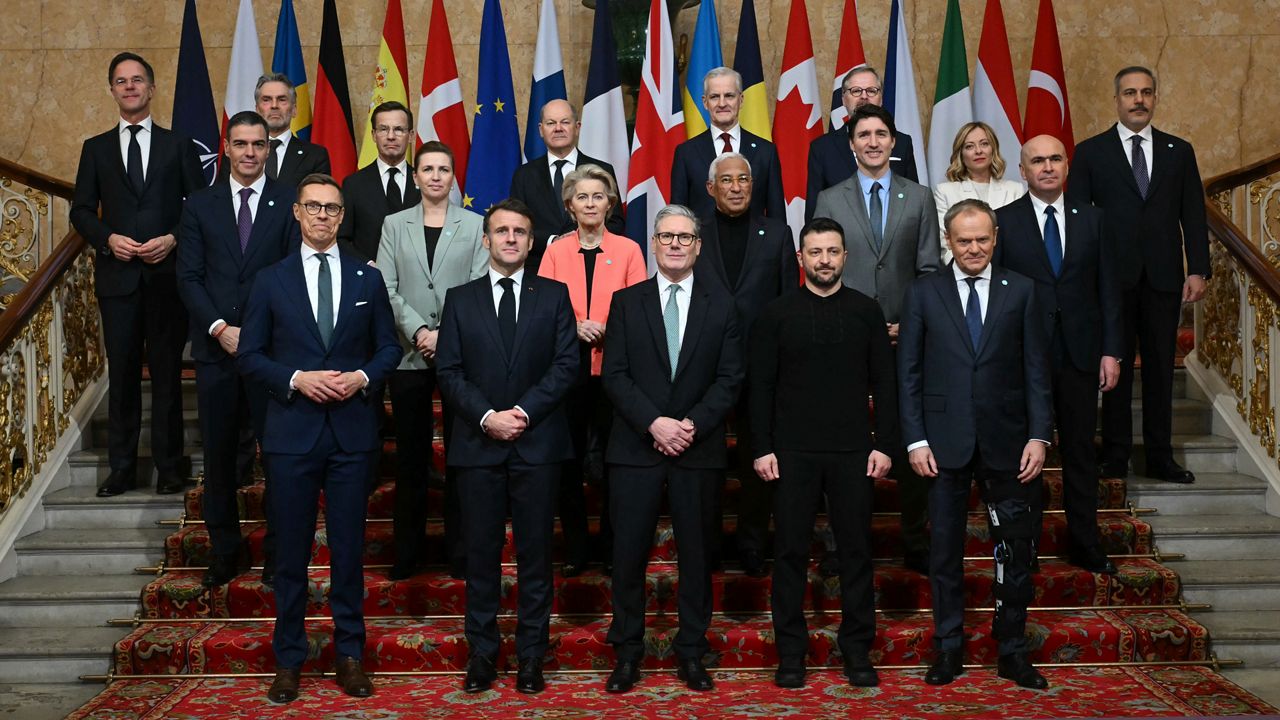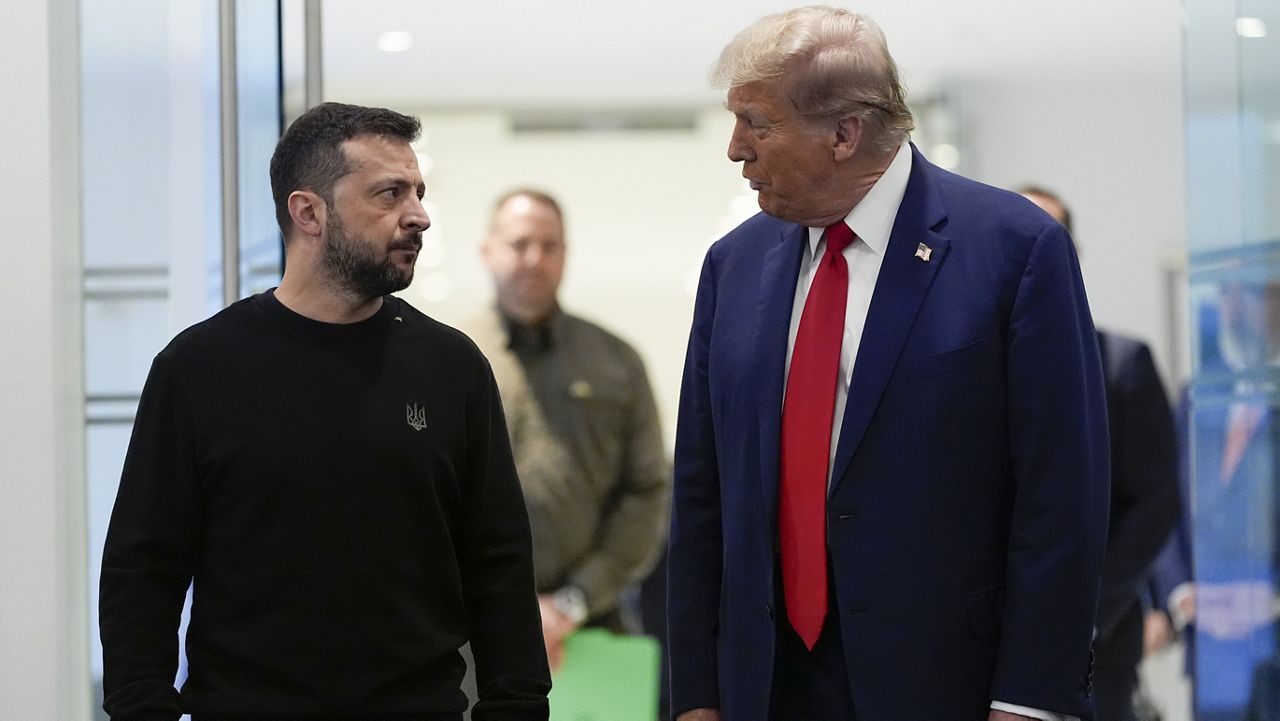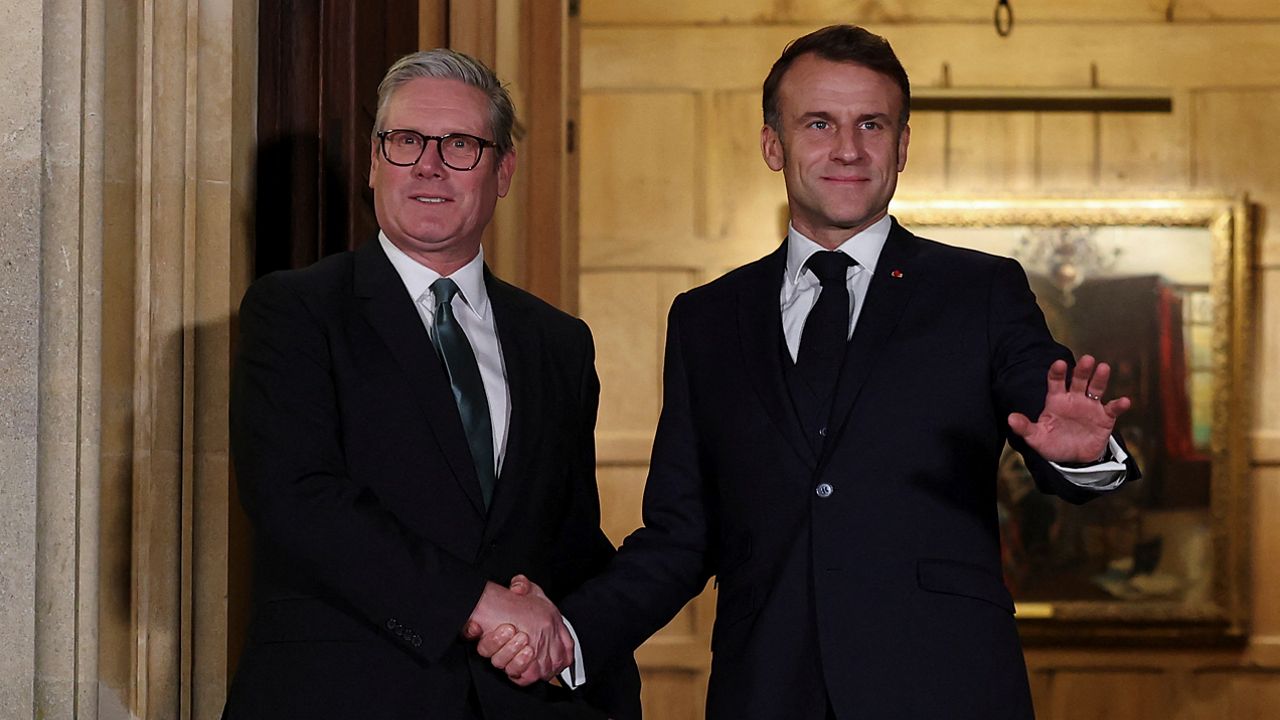The United States will send an "emergency" military aid package to Ukraine worth about $300 million, White House national security adviser Jake Sullivan confirmed at a briefing on Tuesday.
The package is the first since December, when the U.S. said it was out of funding to send to the country to repel Russia's invasion unless Congress takes action. It comes as the military is actually overdrawn and requires $10 billion to replenish its stocks.
One of the senior defense officials who briefed reporters said the package represented a “one time shot” — unless Congress passes a stalled supplemental spending bill that includes roughly $60 billion in military aid for Ukraine, or more cost savings are found. It is expected to include anti-aircraft missiles, artillery rounds and armor systems, according to the defense official.
Sullivan would not give an exact estimate of when the aid would go out, only saying "its gonna move very quickly."
"We can move this stuff fast," he said Tuesday.
The aid announcement comes as Polish leaders are in Washington to press the U.S. to break its impasse over replenishing funds for Ukraine at a critical moment in the war. Polish President Andrzej Duda met Tuesday with Democratic and Republican leaders in the House and Senate and was to meet with President Joe Biden later in the day.
House Speaker Mike Johnson has so far refused to bring the $95 billion package, which includes aid for Ukraine, Israel and Taiwan, to the floor. Seeking to put pressure on the Republican speaker, House Democrats have launched a long-shot effort to force a vote through a discharge petition. Some pro-Ukraine Republicans have also readied a discharge petition on a separate aid bill. The seldom-successful procedure would require support from a majority of lawmakers, or 218 members, to move the aid package to a vote.
Ukraine's situation has become more dire, with units on the front line rationing munitions as they face a vastly better supplied Russian force. Ukrainian President Volodymyr Zelenskyy has repeatedly implored Congress for help, but House Republican leadership has not been willing to bring the Ukraine aid to the floor for a vote, saying any aid must first address border security needs.
Pentagon officials said Monday during budget briefing talks they were counting on the supplemental to cover the $10 billion replenishment hole.
“If we don’t get the $10 billion we would have to find other means,” Deputy Defense Secretary Kathleen Hicks said. “Right now we’re very much focused on the need for that supplemental.”
The senior defense officials who briefed reporters said the Pentagon was able to get cost savings of roughly $300 million in earlier Ukraine contracts and, given the battlefield situation, decided to use those savings to go ahead and send more weapons. The officials said the cost savings basically offset the new package and keep the replenishment spending underwater at $10 billion.
This is a developing story. Check back later for updates.








